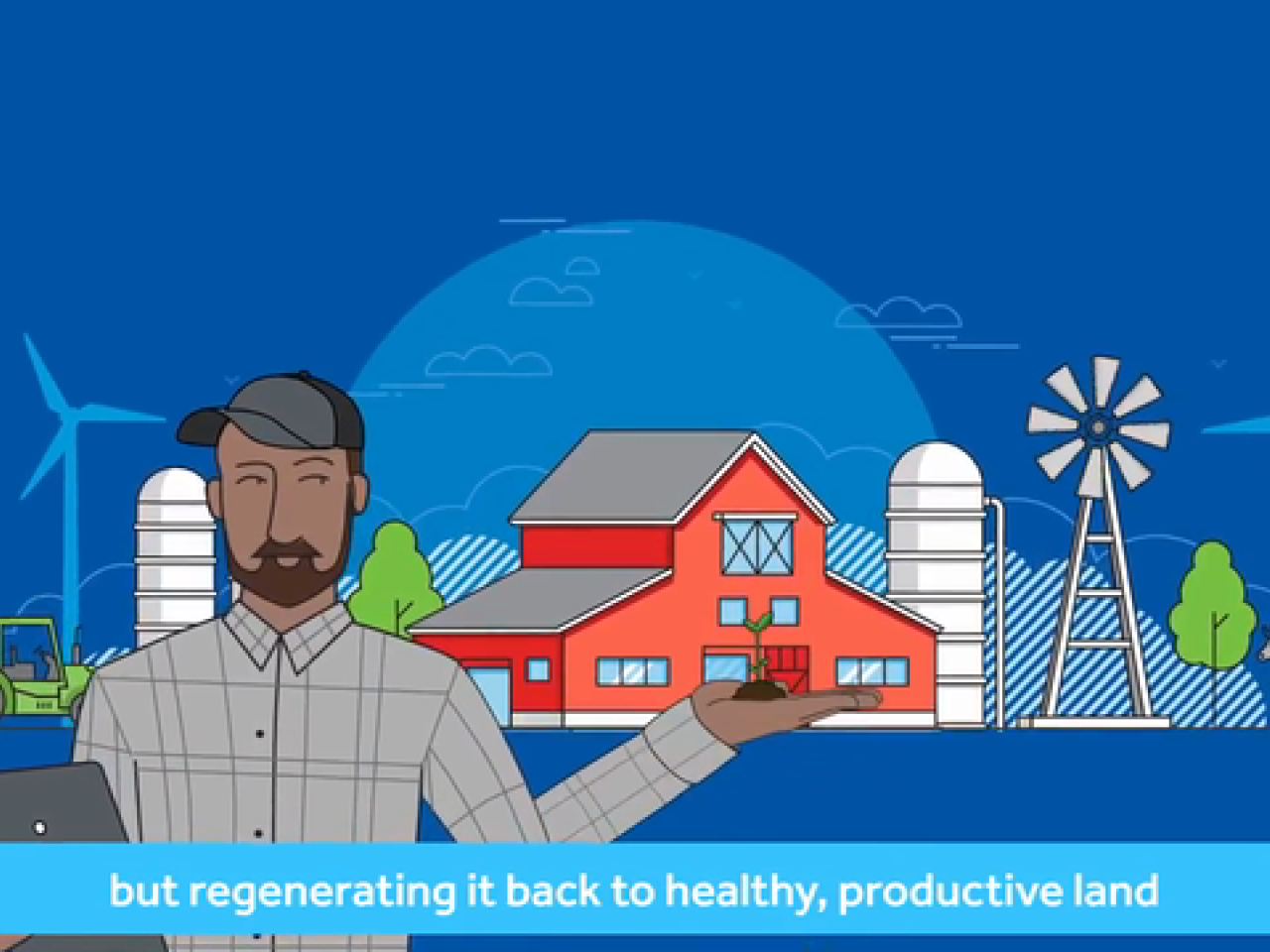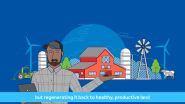Addressing Climate Change from Farm to Fork
General Mills announced on August 31 a commitment to reduce absolute greenhouse gas emissions by 28 percent across its full value chain – from farm to fork to landfill – over the next 10 years. The commitment was calculated using science-based methodology to achieve a level of emission reductions that science suggests is necessary to sustain the health of the planet.





